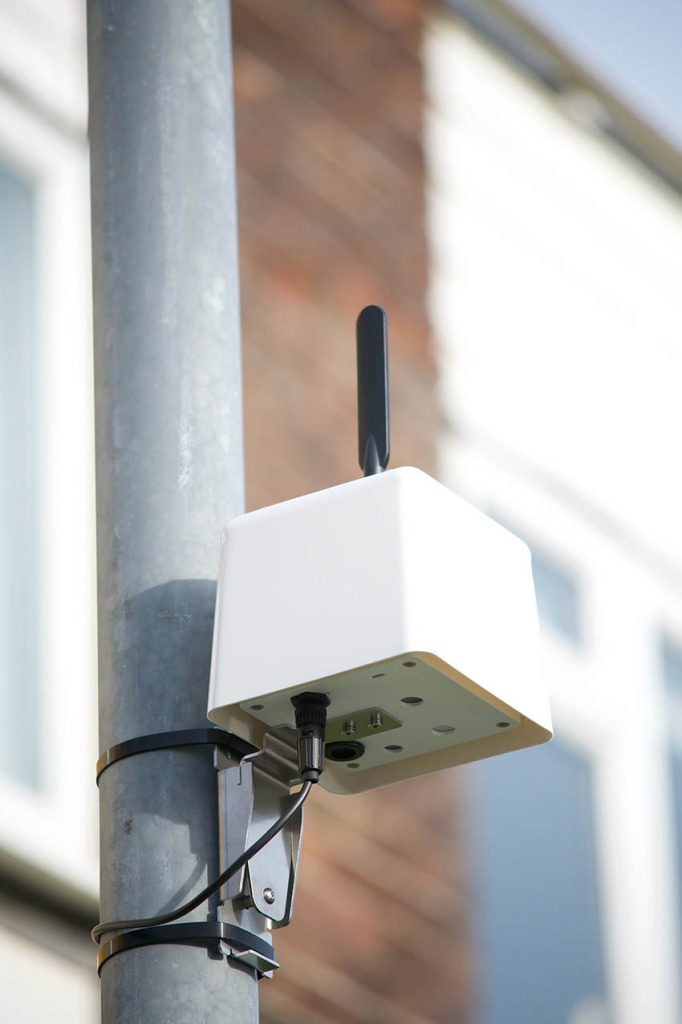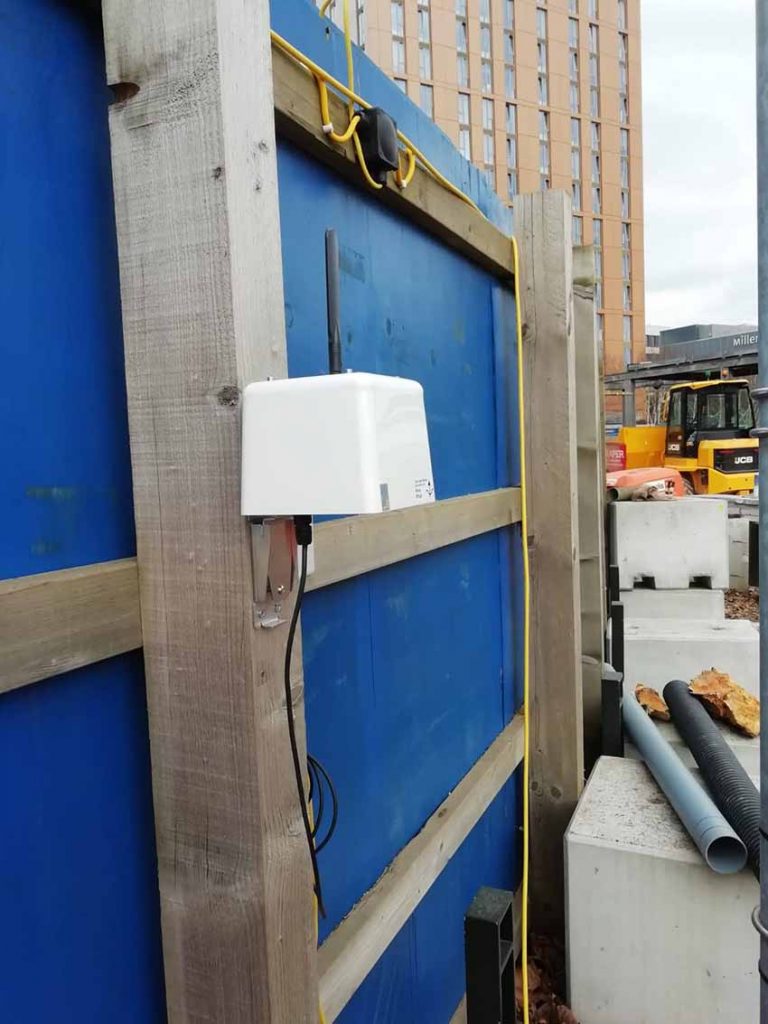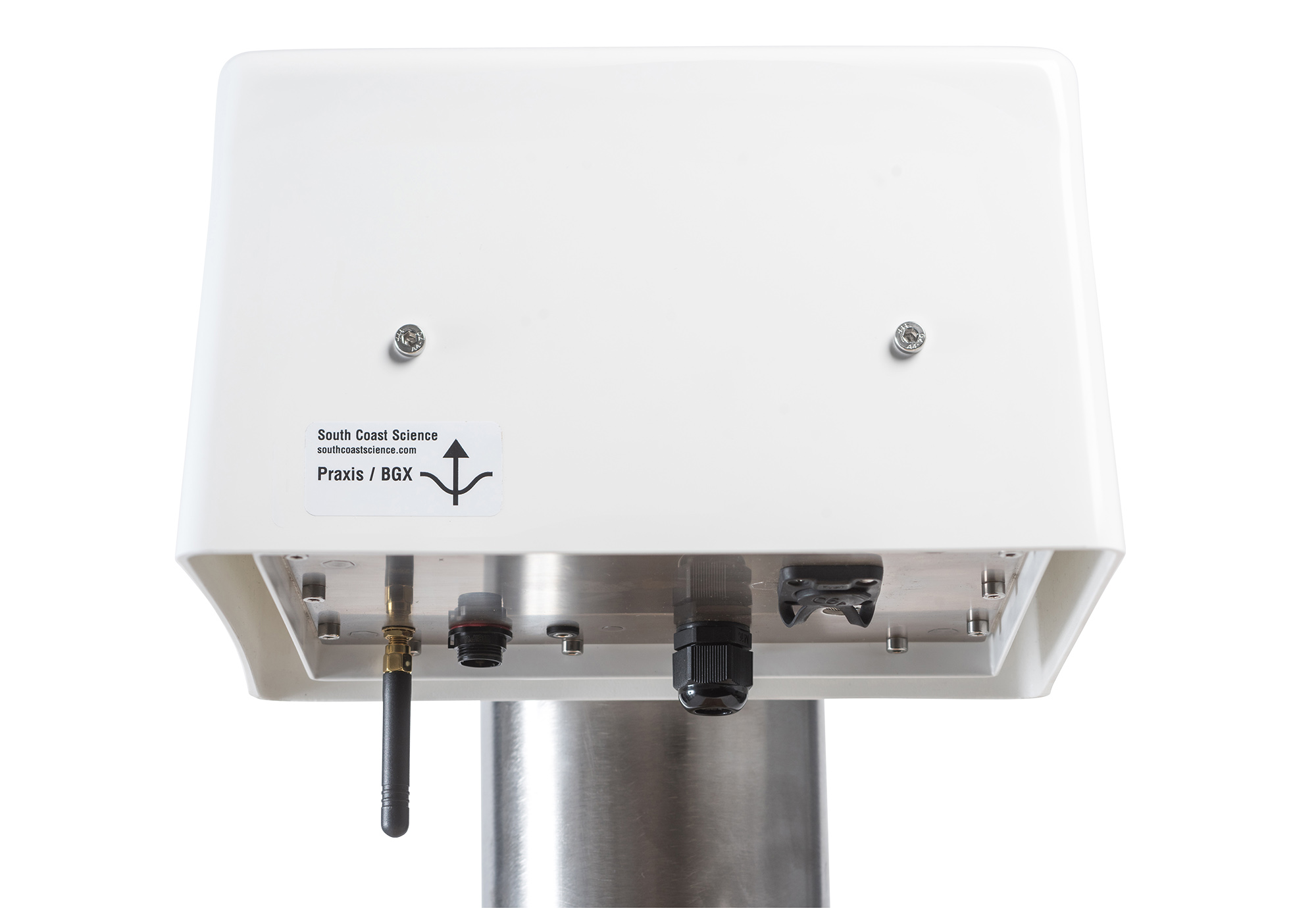South Coast Science was formerly a scientific company working with partners including the United Nations Environment Program (UNEP) in the development of ambient air quality monitors. Whilst working with UNEP, the task involved developing a monitor for use throughout Africa, capable of withstanding the extremely harsh environment and still providing robust data. The company met this brief in 2018 and since then have become more commercially focused and now have channel partners around the world.
Easy Engineering: What are the main areas of activity of the company?
South Coast Science: Outdoor air quality remains our focus, although there are three monitoring sub-divisions, as follows.
- Particulates at construction sites
- Particulates and gases in urban settings (towns and cities)
- Industrial processes and transportation
E.E: What is the news about new products?
South Coast Science: In development we have an odor monitor for use in the wastewater treatment industry and later we plan to develop a monitor for indoor use.

E.E: What are the ranges of products?
South Coast Science: We have spent many years co-locating our instruments with government reference devices, which are the gold standard in this industry. This process has enabled us to understand the performance of the raw sensor outputs and when measuring at ppb (part per billion) levels, the correction of errors due to temperature and humidity effects is vital. This process has resulted in massively improved data quality and our instruments can be supplied into new markets and regions with the highest confidence.
E.E: At what stage is the market where you are currently active?
South Coast Science: The air quality monitoring industry around the world is still immature, and no mandatory testing of new, so-called ‘low-cost’ instruments entering the market is required (in Europe). This makes it very easy for big manufacturers to enter the market with “me-too” products and more difficult for small manufacturers to differentiate themselves.
Legislation is coming however, and we expect that by 2024 there will be a requirement for all new products to be tested to meet minimum compliance standards.
E.E: What can you tell us about market trends?
South Coast Science: Market trends are not really evident, as the market is still establishing itself. Ultra-low-cost devices costing a few USD/GBP are always popular and these products do seem to fulfil a need where some sort of measurement is required, even if there is no real validation of the measurement quality. Regrettably there are no proven technologies that offer the necessary accuracy at ultra-low cost and until such time instruments are required to meet certain testing standards, will users realize the limitations of the measurement technology used.

E.E: What are the most innovative products marketed?
South Coast Science: Our award-winning Praxis/Cube is highly innovative as it features both particulate and gas monitoring in one very small package. This makes it highly portable and when monitoring for short periods, it is very easy to redeploy in multiple environments. Additionally, because the device is so small, its power consumption is also very small (at about 2W) which makes it suitable for a solar power supply.
E.E: What estimations do you have for the rest of 2022?
South Coast Science: Supply chain issues have undoubtedly been the biggest hurdle we experienced this year and is likely to continue into Q1 next year. Despite that, our order book is healthy, and we have many ongoing collaborations with companies that will support our work into the future.

